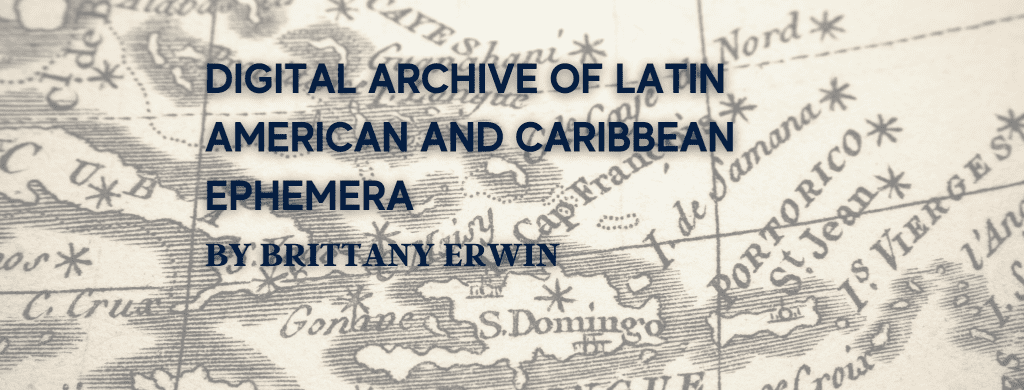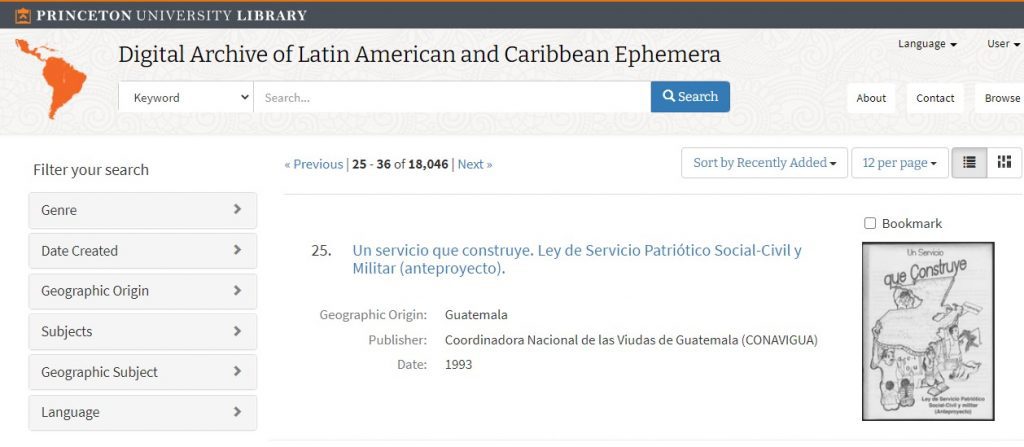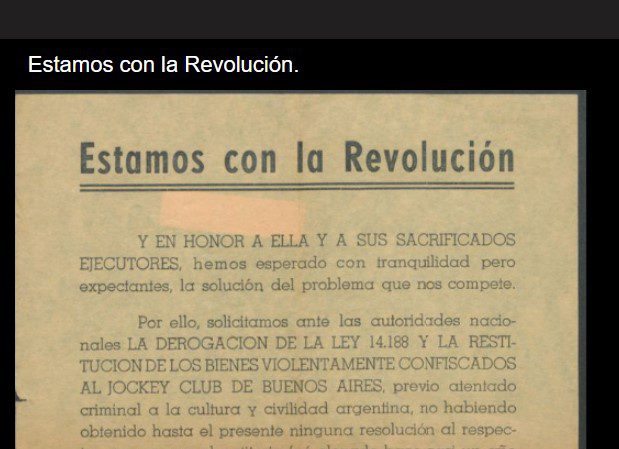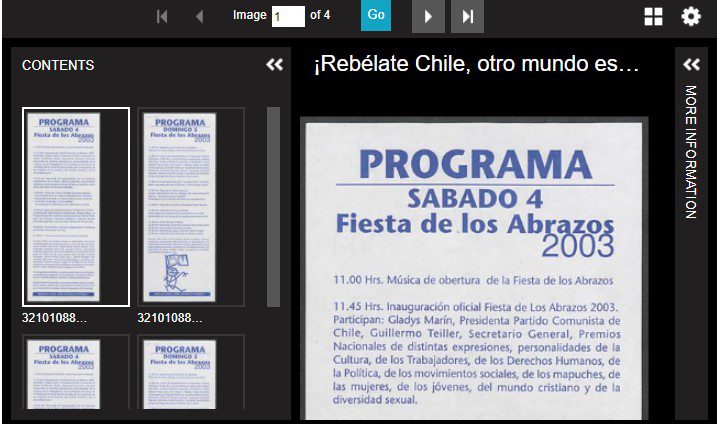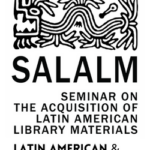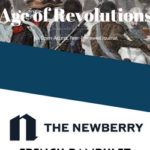Many of the Latin American archives located in the US have something of a history of exclusivity, which benefitted researchers with insider knowledge of their contents, or those with the time to blindly explore. By its own estimation, the Archive of Latin American and Caribbean Ephemera within the Princeton University Library was “practically inaccessible” before 2015. That year marked the commencement of a project designed to “turn this vast and exceptional collection” into “a dynamic scholarly resource that will support present and future academic activities in interdisciplinary Latin American Studies and in the broader social sciences and the humanities.”
The Princeton University Library now hosts the Digital Archive of Latin American and Caribbean Ephemera, a steadily expanding repository of primary sources from the Latin America region dating between the mid-nineteenth century through modern day. Since 2015, the website has continued to grow as it includes more of its holdings in digital form. It has received funding from the Latin Americanist Research Resources Project (LARRP) and Council on Library and Information Resources (CLIR) to continue this process. Archive leadership projects that these resources will allow the collection to add “hundreds of new digitized ephemeral items per month.”
The major documentary formats contained within the Digital Archive of Latin American and Caribbean Ephemera range from pamphlets and flyers to posters, stickers, and postcards. This collection reflects the original objective of Barbara Hadley Stein, Princeton’s first Bibliographer for Latin America, Spain and Portugal. Under the leadership of Hadley Stein in the 1970s, the archive sought out documents primarily related to “the rise to power of military dictatorships, coup d’états, the institutionalization of the Cuban Revolution, and the popular responses to those developments.” Subsequent archive directors have maintained this goal, while gradually expanding the subject matter of the acquired documents.
The website provides a streamlined user-experience. Documents are organized along several searchable lines, including genre, date, geography, and language (with options of English, Spanish, or Brazilian Portuguese). The collection currently contains approximately 18,000 entries, with the majority originating in Argentina, Bolivia, Chile, and Venezuela in terms of number of sources. However, the archival leadership team is committed to reaching a greater balance as the repository expands in the coming years.
The blurbs visible on the search results page could usefully be expanded. It only lists the title of the document, its geographic origin, publisher, and date (year). However, it does facilitate the search process in other ways. If users intend to carry out several searches before beginning a closer examination of each document, they can select the “Bookmark” option. The “Bookmarks” then saves a list of all the selected sources.
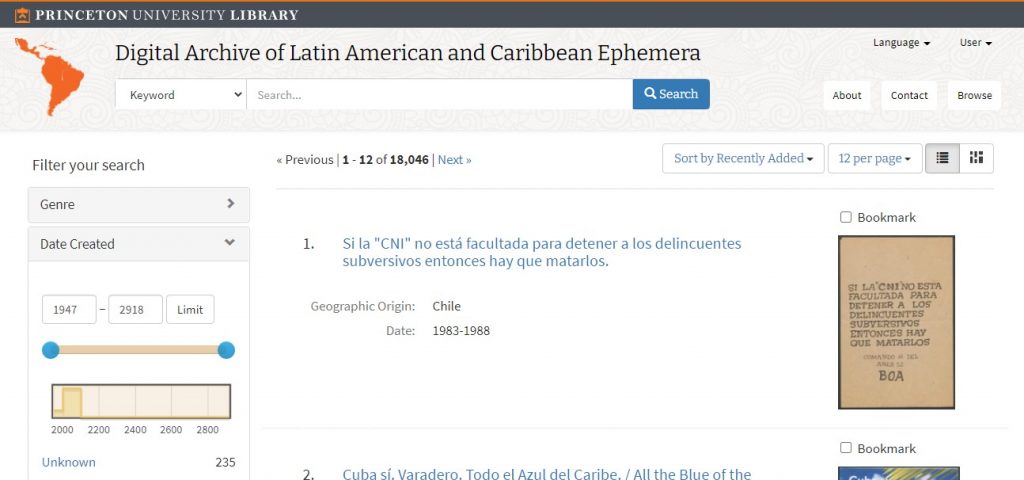
Available items range in length and topic. One document originates from the Jockey Club of Buenos Aires, Argentina. In the 1985 declaration, the club leaders requested the return of properties that the military government had “violently confiscated” from them. Another more recent piece from 2003 recorded the events of the Chilean Communist party’s community event.
Once users identify a document from the search results that they would like to analyze further, the site provides multiple options for reading the source. The interface available for reading each document allows for a gallery view (the display of all pages at once) or a one-page-at-a-time view. It also permits keyword searches, although it does not currently provide transcriptions of its documents. Users can zoom in and out of each page, and utilize a full-screen option, depending on preferences and screen size. They can also view “Similar Items” displayed at the bottom of the information page for each document. Finally, the interface is shareable, making it easy to send via email or embed on social media posts.

As a reflection of the Princeton Library’s efforts to increase the accessibility of their rich archival holdings, the Digital Archive of Latin American and Caribbean Ephemera offers a valuable option for virtual research and exploration. Its commitment not only to the digitization of their documentary sources, but also to the steady expansion of this digital repository, is a critical contribution to humanities research in the current day.
